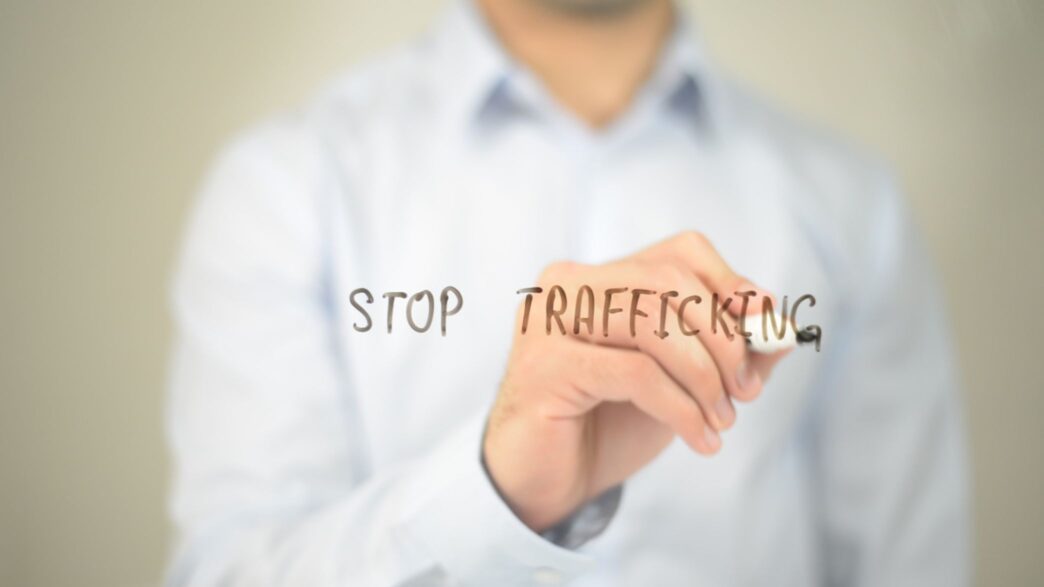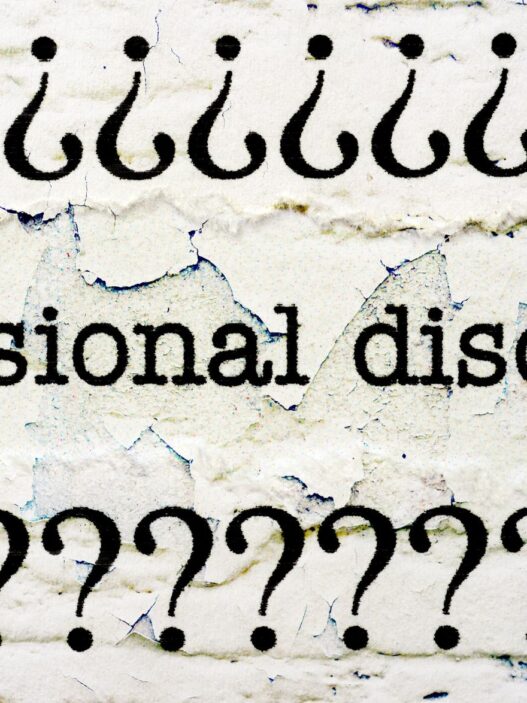Recent headlines about former fashion CEO Mike Jeffries have sparked important conversations about power, control, and safety.
But this isn’t just about one industry or workplace – it’s about understanding the psychological patterns that affect all of us.
The Psychology of Power Imbalances
Ever wonder why some people stay in uncomfortable situations? Our brains are wired to respond to power in complex ways.
When someone has authority – whether they’re a boss, mentor, or public figure – it can change how we think and act.
Understanding these dynamics helps us protect ourselves and others.
Hidden Signs Everyone Should Know
These patterns show up everywhere, not just at work:
- People in power requesting “special” arrangements that feel off
- Being told you’re “specially chosen” or “different from others”
- Pressure to keep secrets about normal activities
- Feeling confused about whether something is okay or not
- Having your concerns dismissed as “too sensitive”
- Being isolated from your usual support system

Why Our Minds Play Tricks on Us
Here’s something fascinating: our brains often ignore red flags when someone seems successful or charismatic.
Scientists call this the “halo effect” – when we assume good people can’t do bad things. This natural bias can make us overlook warning signs.
Protecting Yourself and Others
Building psychological safety isn’t just for workplaces. Here’s what experts recommend:
- Trust your gut feelings – they’re your brain’s alarm system
- Share concerns with trusted friends or family
- Keep records of uncomfortable situations
- Know that confusion is often a warning sign
- Remember: power doesn’t equal permission
The Ripple Effect
When high-profile cases hit the news, they affect more than just those involved.
Many people start questioning their own experiences or remembering uncomfortable situations.
This is normal and can actually help us grow stronger as a community.
Breaking the Silence
Change happens when we:
- Talk openly about psychological safety
- Support those who speak up
- Learn about healthy boundaries
- Share resources and information
- Take care of our mental health
Moving Forward Together
Understanding power dynamics helps us create safer spaces everywhere – not just at work, but in schools, social groups, and communities.
By learning these patterns, we become better at protecting ourselves and others.
Remember: You’re not alone in feeling uncertain or confused about complex situations. Your mental health matters, and there’s always help available.























